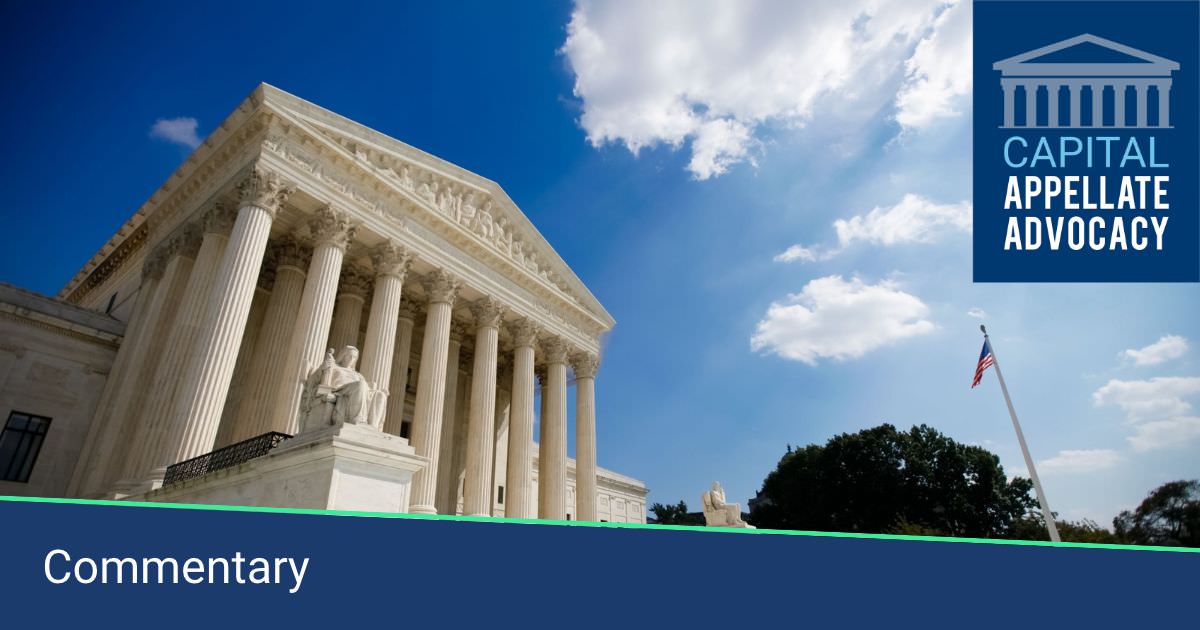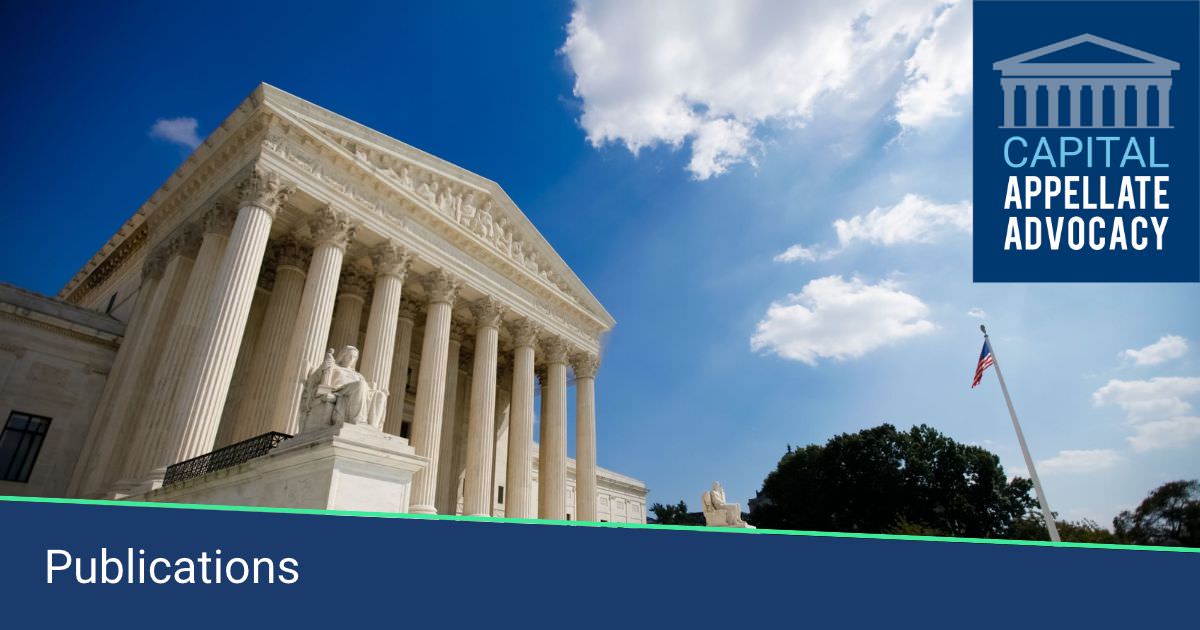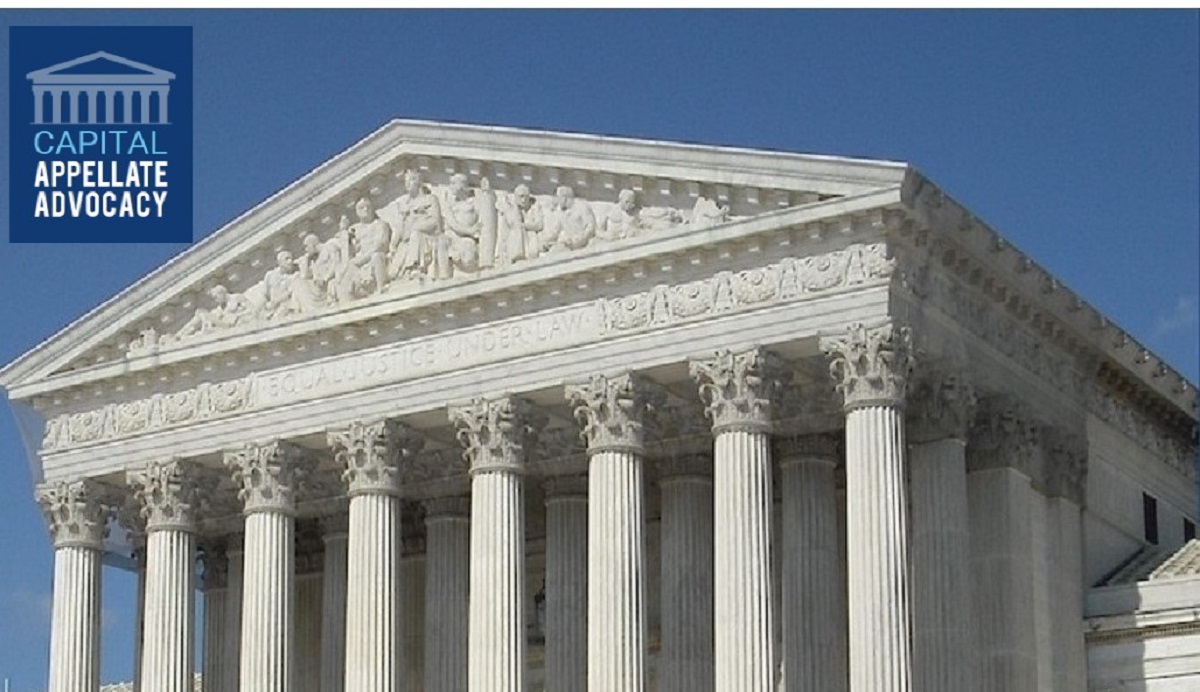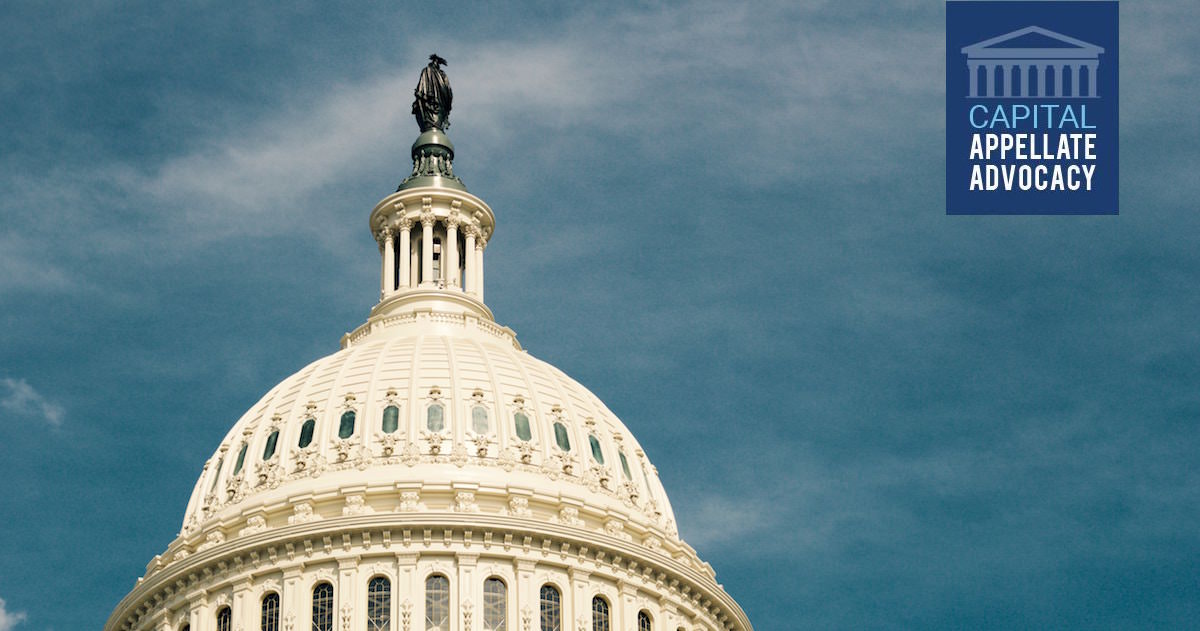Supreme Court Punts On Another Federal Preemption Product-Liability Conundrum
What do prescription drugs, motor boats, pesticides, automobiles, medical devices, locomotives, cigarettes, vaccines, and oil tankers have in common? During the past 25 years, each has been the subject of at least one Supreme Court opinion concerning federal preemption of state-law product liability claims. No uniform rule has emerged from those opinions (e.g., there is […]
Supreme Court Punts On Another Federal Preemption Product-Liability Conundrum Read More »





